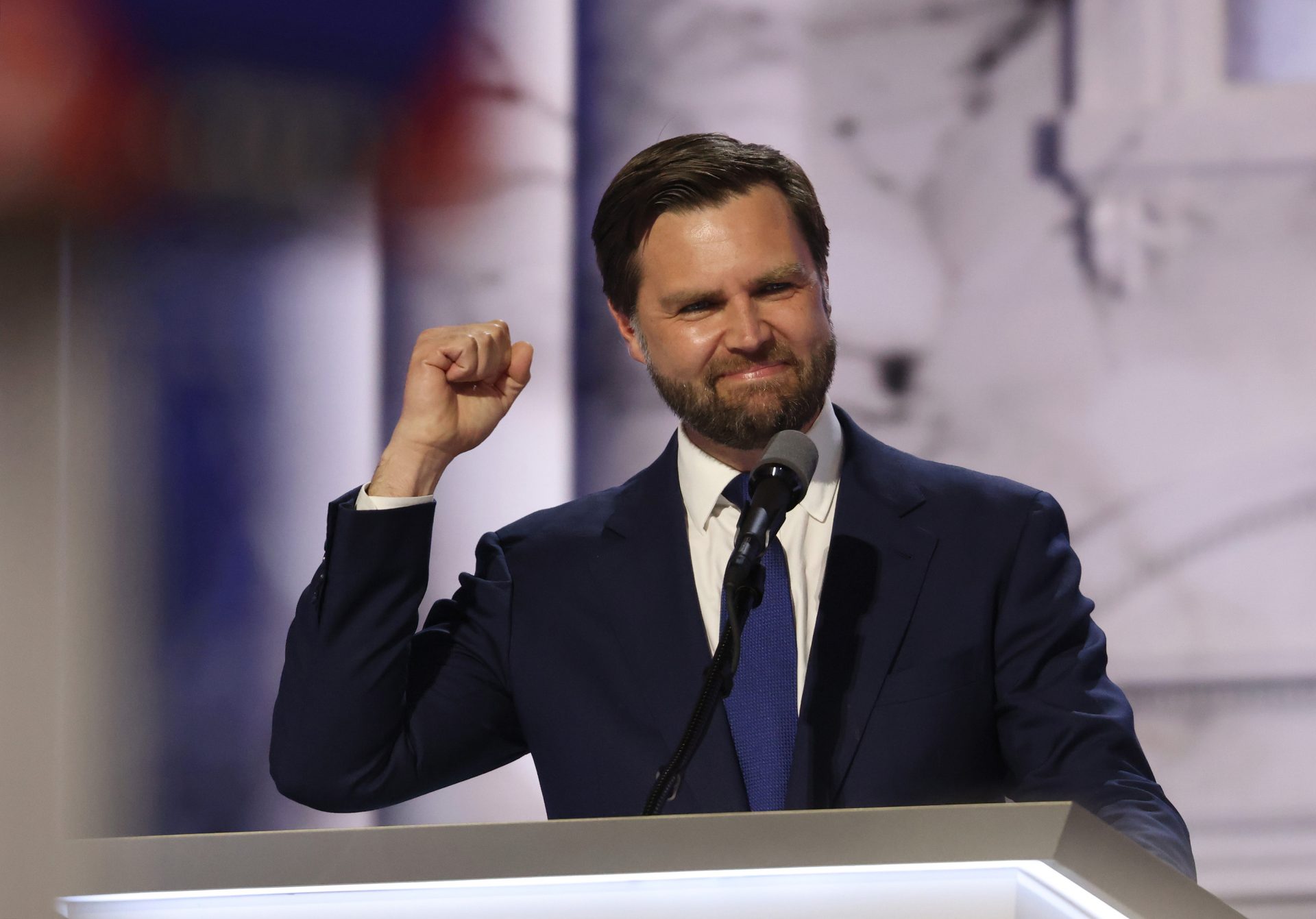By Tony Czuczka
Bloomberg News
(TNS)
Former President Donald Trump’s agenda of higher tariffs on U.S. imports would help offset his expanding tax-cut proposals if he’s reelected in November, according to his running mate, Ohio Senator JD Vance.
“If we actually balance this out by penalizing some of these companies for manufacturing overseas, I do think that we can get this to balance out in the right way, where we’re not blowing a hole in the deficit, we’re giving workers more of their money,” Vance said Sunday on CBS’s “Face the Nation.”
Trump has rolled out a series of tax plans over the last three months, seeking to appeal to a range of voter groups. He has proposed ending all taxes on tipped income and overtime work and on Social Security retirement benefits, raising questions among economists and political opponents about the impact on the U.S. budget deficit.
Trump floated the idea of tariff hikes to offset some income tax cuts to House Republicans in June.
Asked on CBS whether fiscally conservative Republicans in Congress would go along, Vance said that “obviously Republicans believe American workers should keep more of their own money.”
Trump has pledged to enact a 10% across-the-board tariff on imports, potentially targeting regions such as the European Union, and to increase duties on Chinese-made goods to 60% or more, saying that would generate trillions for the U.S.
Most economists argue that Americans would ultimately pay higher costs and face reignited inflation.
Vice President Kamala Harris, the Democratic nominee, portrayed Trump’s tariff plans as a 20% “Trump sales tax” on everyday goods during their presidential debate on Sept. 10, a description the former president rejected.
Economists say both candidates’ tax and spending pledges would push up the federal budget deficit. Trump’s plans would increase the deficit by a net $4.1 trillion over the next 10 years, while Harris’ would raise it by a net $2 trillion, according to estimates by the University of Pennsylvania’s Penn Wharton budget model.
Other tax and budget specialists estimate that Trump’s tax plans would cost as much as $10.5 trillion over a decade.
Congressional appetite
Gary Cohn, who ran the White House’s National Economic Council under Trump, said he doesn’t see “a lot of appetite” in Congress for ballooning the deficit.
“I do think there is growing opposition in both the House and the Senate and, I would say, both sides of the aisle for a large deficit tax plan,” Cohn, now vice chairman at International Business Machines Corp. and a former president and chief operating officer of Goldman Sachs Group Inc., said on Face the Nation.
Trump, the self-declared “tariff man,” has described threats of higher duties on U.S. trading partners partly as a negotiating tactic to win concessions.
“I can’t believe how many people are negative on tariffs that are actually smart,” Trump said in a Bloomberg interview in June. “Man, is it good for negotiation.”
Vance echoed that approach on Sunday.
“Sometimes you’re gonna have to do higher tariffs, sometimes you might be able to do lower tariffs,” he said. “You use that as part of the negotiation.”
— With assistance from Claire Ballentine.
_______
©2024 Bloomberg L.P. Visit bloomberg.com. Distributed by Tribune Content Agency LLC.
Thanks for reading CPA Practice Advisor!
Subscribe Already registered? Log In
Need more information? Read the FAQs




